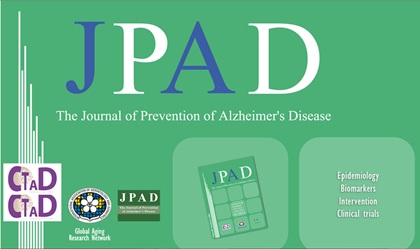Unmatched Privacy
Our method maintains complete subject anonymity while detecting even those professionals who alter their presentation.
Unmatched Service
We provide the entire history of past study participation and a personalized investigation of actionable matches.
CTSdatabase Statement of Mission and Quality<span?
Read More
Passion Accountability
Services
we offer
CTSdatabase is implemented at the site level where it is used to detect duplicate subjects during pre-screening, as well as on the study level, where it is performed alongside screening procedures. We also integrate directly with IRT as a single-step check for your subject’s eligibility.
Duplicate
of the Month
Have your own story? Click here to share with us and be automatically entered to win a Starbucks gift card.

“Our site in Southern California had a 18 year old male subject who screened for a Migraine study and was then found in CTSdatabase to be currently enrolled in a Cannabis Use Disorder study at another site over 55 miles away. This subject met multiple exclusion criteria within this protocol and was screenfailed.”
Our
Publications and Presentations

The Patient in Your AD Study May be in Another: Duplication and Deception in Clinical Trials of Alzheimer’s Disease
The Journal of Prevention of Alzheimer's Disease, 2019 Discusses the rate of duplication in professional AD subjects, and offers findings on new indications these AD subjects present with at matching sites.
Mitigating the Effects of Nonadherence in Clinical Trials
The Journal of Clinical Pharmacology, 2016 Highlights the importance of eliminating inappropriate subjects to ensure successful clinical trials, as well as how nonadherence can increase variance, lower study power, and reduce the magnitude of treatment effects.
CNS Sites Cooperate to Detect Duplicate Subjects with a Clinical Trial Subject Registry
Innovations in Clinical Neuroscience, 2013 Demonstrates the efficacy of CTSdatabase as a prescreening measure to reduce the number of duplicate and professional subjects entering clinical trials at CNS sites.

Give Us Your Tired, Your Poor, Your Professional Subjects: The Last Quartile of Phase 3 Enrollment
ASCP - American Society for Clinical Pathology, 2019 Introduces research suggesting that the subjects entered into the latter part of Phase 3 studies are more likely inappropriate (duplicate/professional) than in Phase 2 and Early Phase 3 studies.
A Real Headache: Professional Subjects in Migraine Trials
American Headache Society, 2019 Explores how safety and efficacy signals in clinical trials may be adversely affected by professional Migraine subjects.
CenExel Clinical Research Acquires CTSdatabase
GlobeNewswire, Inc. “The addition of CTSdatabase elevates the CenExel network promise of quality results for every study we support, across our therapeutic areas of expertise,” said Tom Wardle, CenExel CEO. “This partnership will also provide greater opportunities for CTSdatabase to expand even beyond its impressive current size, growing the registry to include hundreds of thousands more unique subjects within the next few years.”



